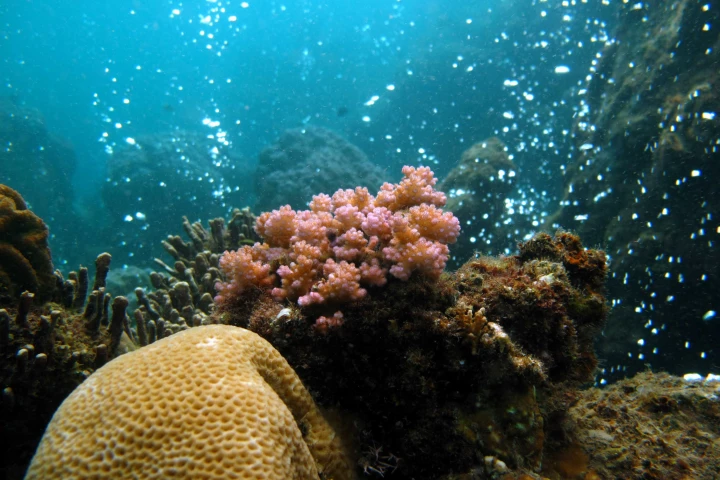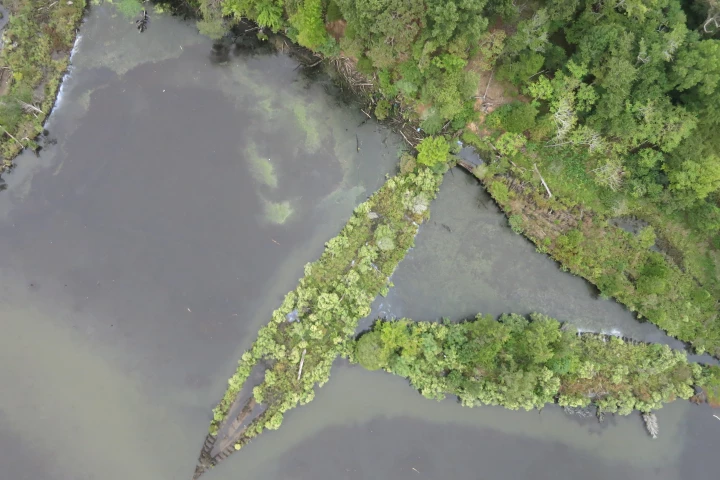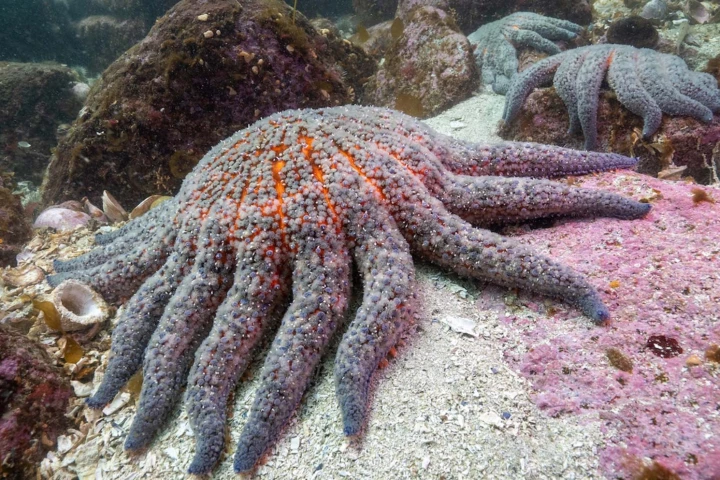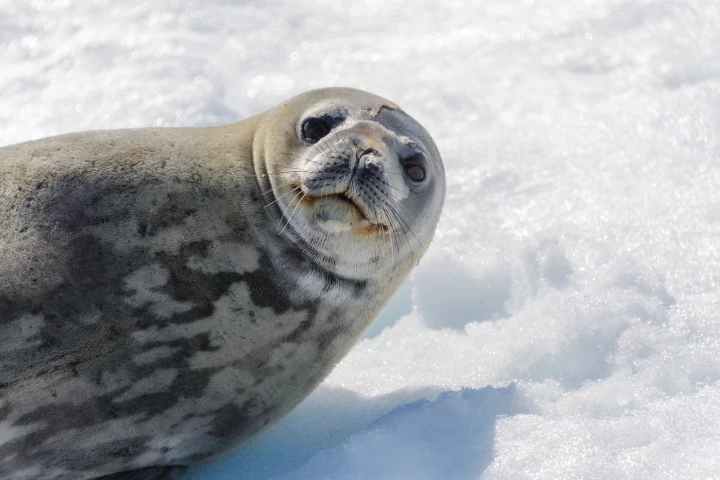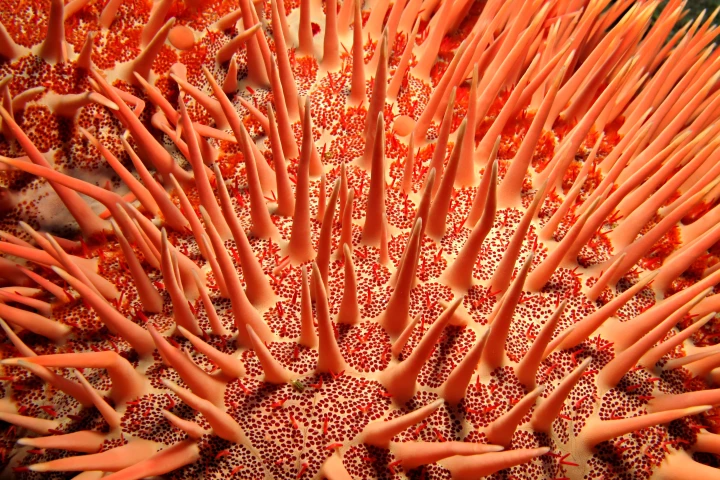Marine Biology
-
For the first time, we know more than we ever expected to know about the sex lives of the majestic beluga whale. It's complicated, to say the least, but it also shows just how strategic nature is at keeping an isolated group of animals alive.
-
The first ever study to document a direct relationship between earthquake activity at the bottom of the ocean and phytoplankton growth at the surface changes the way scientists in the future will model ecosystems.
-
In 1995, divers first noticed a group of bizarre sandy "crop circles" on the seabed near southwest Japan. But it took decades for scientists to identify the marine artists behind them – and why they were building such geometrically precise structures.
-
In the South China Sea, the aqua-colored waters of an expansive shallow reef platform suddenly gives way to a near vertical shaft of vast darkness – an ocean sinkhole almost entirely devoid of oxygen and, in turn, marine life as we know it.
-
For the first time ever, a unique cooperative hunting arrangement between dolphins and orcas has been documented. Researchers believe killer whales find salmon by tailing dolphins, who in turn benefit from bite-sized fish pieces.
-
On a remote reef, endless streams of bubbles rise from cracks in the seabed into the shallow water, fed by an underground volcanic system. For scientists, this phenomenon has become a kind of crystal ball, revealing the changes that await marine life.
-
A new species of jellyfish, named after a samurai warrior, has been identified off the coast of Japan and its discovery is more than just a biological curiosity. It reveals ocean currents changing and marine migration routes shifting.
-
Oceanic manta rays make extreme dives of more than 1,200 meters – three-quarters of a mile – but it's not to feed. Instead, the mantas are calibrating their own kind of Google Maps as soon as they find themselves out beyond the continental shelf.
-
Old Nazi warheads and US warships have been reclaimed by a new army of diverse marine life, as scientists for the first time uncover how nature has made use of the munitions and fleets that ended up dumped in waterways during the two world conflicts.
-
A mysterious marine epidemic has killed billions of sea stars from North America’s Pacific coast. After more than a decade of unanswered questions, scientists have finally traced the disaster to a single bacterial species.
-
Leopard seals may be one of Antarctica’s most fearsome predators, but these vocalizers sing with the structured charm of a nursery rhyme. In a new study, researchers discovered that the underwater vocal patterns of these mammals resemble human song.
-
They’ve been crawling across the seafloor for 500 million years, but some sea stars have amassed such a population they're eating entire reefs alive. Now, a discovery about their spine-speaking chatline gives us a leg up in this ecological arm's race.
Load More





